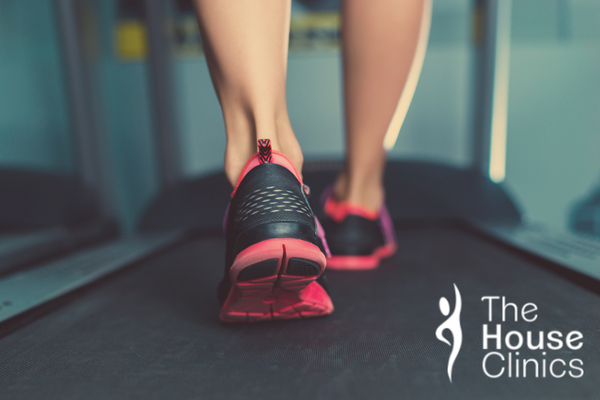

.png)

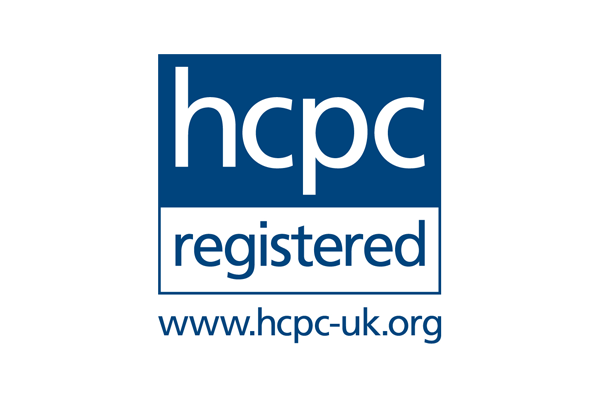
Biomechanical analysis (also known as gait analysis) is a popular service provided by our Bristol Podiatry Clinic, to assess the way in which the muscles, bones, and joints of the feet and lower limbs interact and move. An important part of the analysis is to assess the function of the feet in terms of impact absorption and propulsion. Our feet need to absorb the shock of hitting the ground in our day-to-day activities, whether walking, running, or playing a sport, as well as stabilize and support our body weight as we go about our day.
Poor foot function can result in foot pain and injury, but it can also cause problems in the ankles, calves, knees, hips, and back. A podiatrist will be able to diagnose the cause of any pain or malfunction, and give advice on footwear as well as prescribe shoe inserts or orthotics to resolve the problem.
Podiatrists can also assess the biomechanical function of the feet and lower limbs after an injury such as a sprained ankle or broken foot bone, and give treatment and advice to speed up recovery.
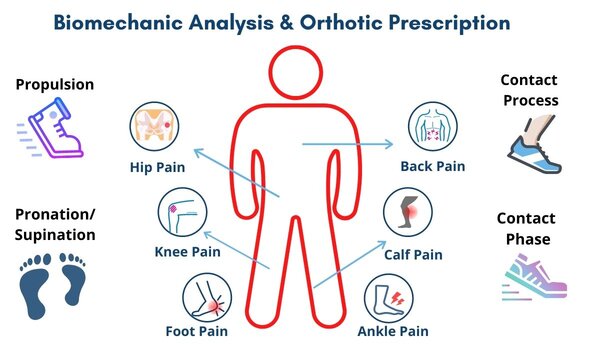
Biomechanical analysis is very beneficial if you are experiencing pain in your feet or lower limbs. If the pain is preventing you from doing normal activities and becoming pervasive, you should get it checked out. Visiting a registered Podiatrist for a biomechanical assessment is the starting point for understanding the cause of your problem and what treatment may be needed.
Patients who visit our team of Podiatrists here at The House Clinics, often come as a last resort after seeing a GP or even a physiotherapist, and this is most often the case when pain is experienced in the lower limbs rather than the feet. However, The Podiatrist should be the first port of call!
The foot is a complex structure of 26 different bones, 214 ligaments, and 38 muscles, bearing our body weight as we walk every day.
A biomechanical examination is focused not only on the foot but includes the pelvis, legs, and knees. It is important to examine the lower limbs as a whole because they are inter-connected, meaning pain in one area can be due to a weakness or problem in another part of the body.
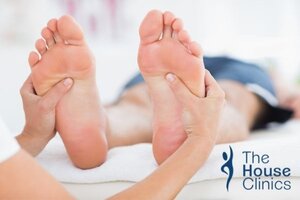
In an initial consultation with the Podiatrist, your full medical history will be reviewed, followed by a biomechanical assessment. This involves an examination of the feet and lower limbs and an analysis of their structure, alignment, strengths, and weaknesses. As part of this assessment, you will also be examined as you walk or run.
Treatment will vary depending on the results of your biomechanical assessment:
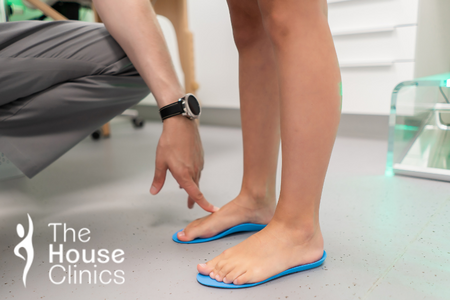
Initial Podiatry Consultation and biomechanical assessment - £60
Ready-made and modified as appropriate - £85
Heat Moulded: £200
Custom Made Bespoke Orthotics - £300
Please note that 1-2 appointments are required when orthotics are prescribed and then fitted. The fitting of orthotics is a complimentary service after you have paid for them.
Our Podiatrists prescribe semi-bespoke and custom orthotics manufactured by LBG Medical

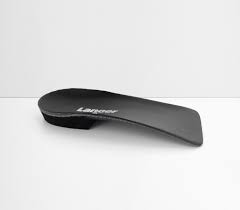

.png)